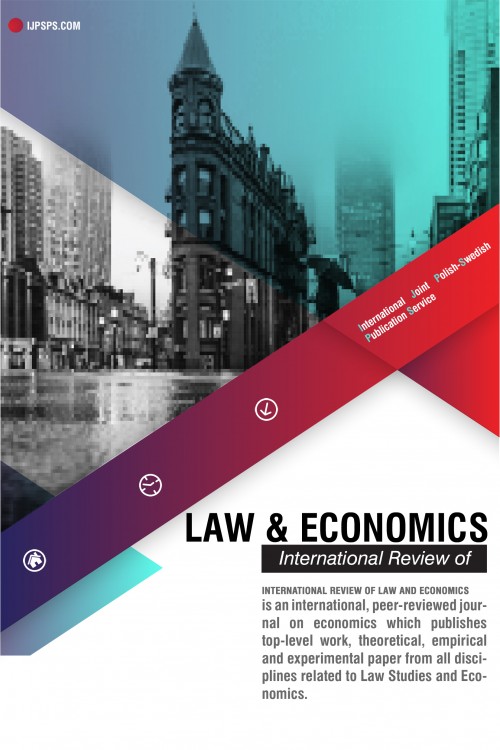
The Effect of Voluntary Disclosure Quality Level of the Financial and Non-financial Performance Indicators on Profit Forecast
Abstract
Many studies have dealt with investigating the effect of such variables as company size, profit forecast horizon, financial leverage ratios and the other variables influencing the profit forecast. The present study aims at identifying the factors effective on (financial and nonfinancial indicators) performance evaluation and investigating the effect of their disclosure on the accuracy of profit forecast. The financial indicators encompass the financial indicators’ disclosure performance evaluation score of the internal processes, innovation and training as well as the environmental approaches and the nonfinancial indicators incorporate the nonfinancial indicators’ disclosure performance evaluation score from the perspectives of the investor, employees, customers, suppliers and social performance in a case-specific manner. Such variables as equity holders’ return variance, sales growth, company size, systematic risk, debt ratio, liquidity, growth and profitability have also been assessed. The study population included 118 companies accepted to the stock exchange market in the time span from 2002 to 2015. The study is an applied research in terms of the study objectives and it has been carried out based on descriptive-analytical inference. The current research paper measures the information disclosure level pertaining to performance evaluation in a sentence-based format by taking advantage of content analysis. The results indicated that there is a significant relationship between the disclosure of the indicators effective on the performance evaluation and the accuracy of profit forecast as well as between the disclosure of the nonfinancial performance evaluation indicators and profit forecast accuracy.